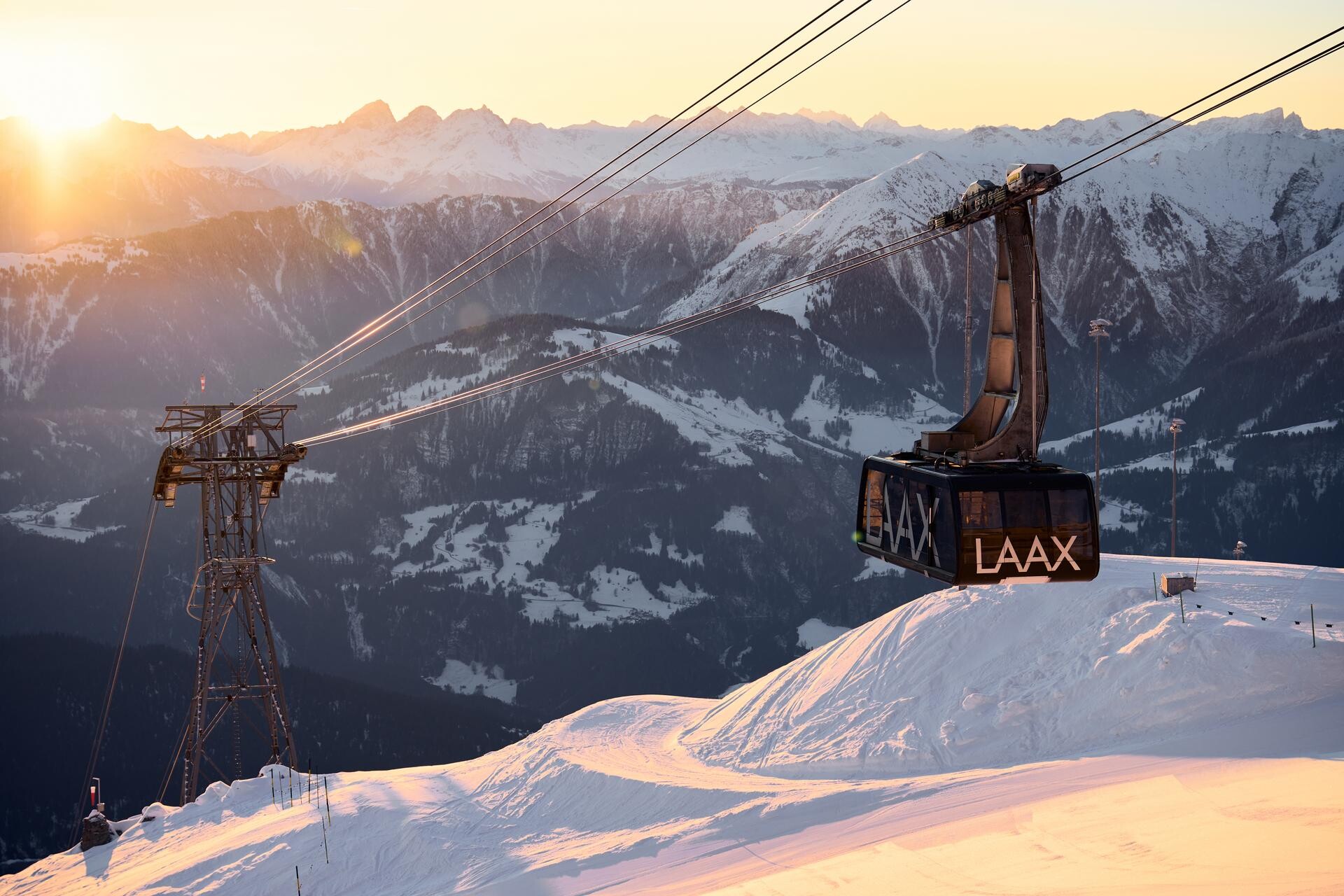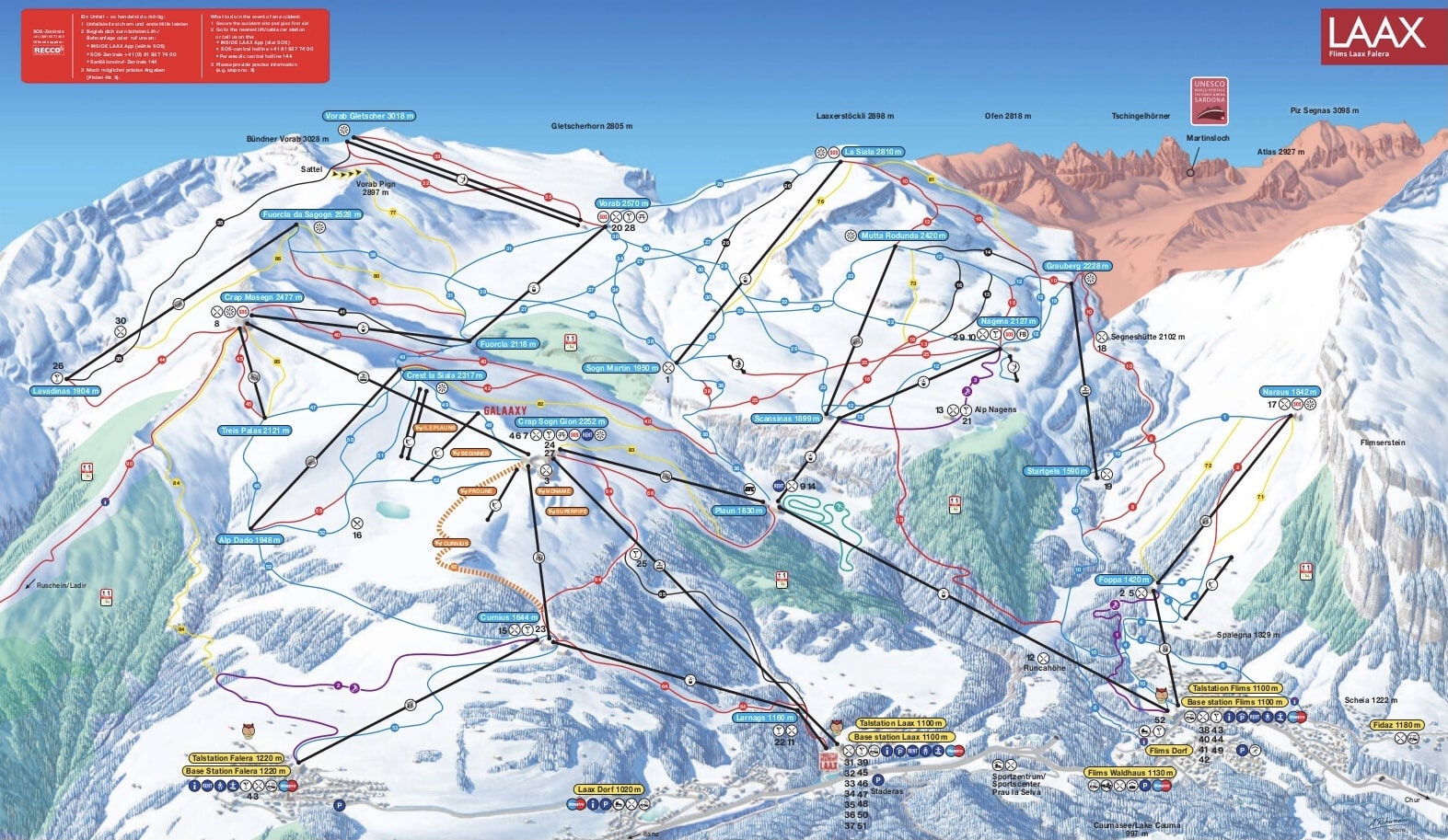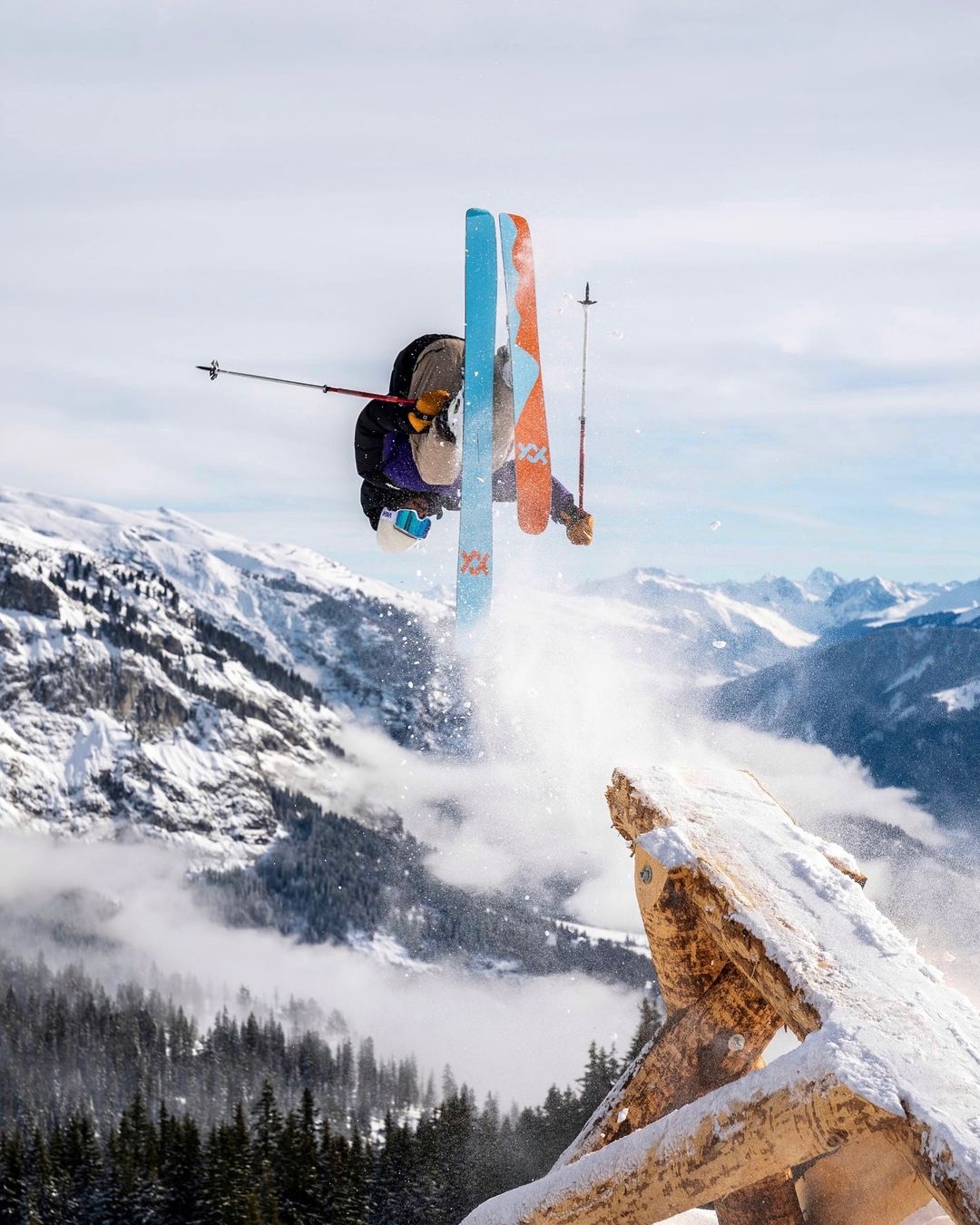
Swiss newspapers are bubbling with rumors about a potential acquisition of Flims-Laax-Falera by U.S. conglomerate Vail Resorts. The fact that Vail Resorts is actively looking for European ski resorts is not new, but the rumors that the largest operator of ski resorts in the world is zoning in on Flims-Laax-Falera has sent the rumor mill in Switzerland in to overdrive.
According to Swiss newspaper Blick, several industry insiders have confirmed that the U.S. company has the Flims-Laax-Falera mountain railway operator “Die Weisse Arena Gruppe” at the top of its wishlist. It would mark the third Swiss acquisition for the American conglomerate, after having acquired Crans-Montana last year and Andermatt two years prior.
Flims-Laax-Falera is located in the canton of Graubünden/Grischa in the south-east of Switzerland, about two hours from Zurich airport. The combined ski area offers 140 miles (224 km) of groomed runs and five terrain parks serviced by 28 ski lifts. The majority of the resort is situated at an altitude of between 6,560 and 9,840 feet (2,000 to 3,000 meters), making it one of the most snowproof ski resorts in the world. Flims-Laax, as it is known for short, is well known as a Freestyle mecca and each year hosts the FIS Freeski & Snowboard World Cup in Slopestyle and Halfpipe, also known as the Laax Open.

Die Weisse Arena Gruppe (English: ‘The White Arena Group’) is a listed company with shares traded over the counter (OTC). The majority shareholder is Reto Gurtner, who took over the Laax mountain railway from his father in the 1980s. He merged the operations of Laax with those of neighboring Flims in 1996 and created an interconnected ski area. In 2023-24, the company had an annual revenue of around CHF 116 million (USD 136 million), an EBITDA of CHF 24 million (USD 28 million), and saw more than 1 million skier visits.
Reto Gurtner stepped back from his management position in March 2020, and Markus Wolf took over as CEO just when the pandemic hit. Wolf departed Die Weisse Arena Gruppe in mid-December 2023 in a surprise move, stating that there were differences in long-term strategic planning between the board and management. Gurtner stepped back in as interim-CEO but will turn 70 next year and a successor is currently not in sight. Wolf ‘s departure was not the only upper management role that saw resignations. A total of five members of the management left in December, and this could be an explanation for the potential sale to Vail Resorts.
In theory, it could be a great strategic fit, unlike most European resorts, Gurtner followed the American model of owning not just the lift operations but also the ski school, ski rental, and hospitality on the mountain and in the village. Vail Resorts could potentially also be looking at a strategic investment rather than an outright acquisition, leaving Gurner on as chairman but implementing a Vail Resorts manager with extensive industry knowledge into the day-to-day management position. Vail Resorts has been looking to increase its foothold in Europe, and this would cement its position in Switzerland. For Swiss skiers and boarders, the rumors are not without controversy. Switzerland is a country that prides itself on its independence, and losing one of its major ski resorts to an American conglomerate is sure to ruffle some feathers.
